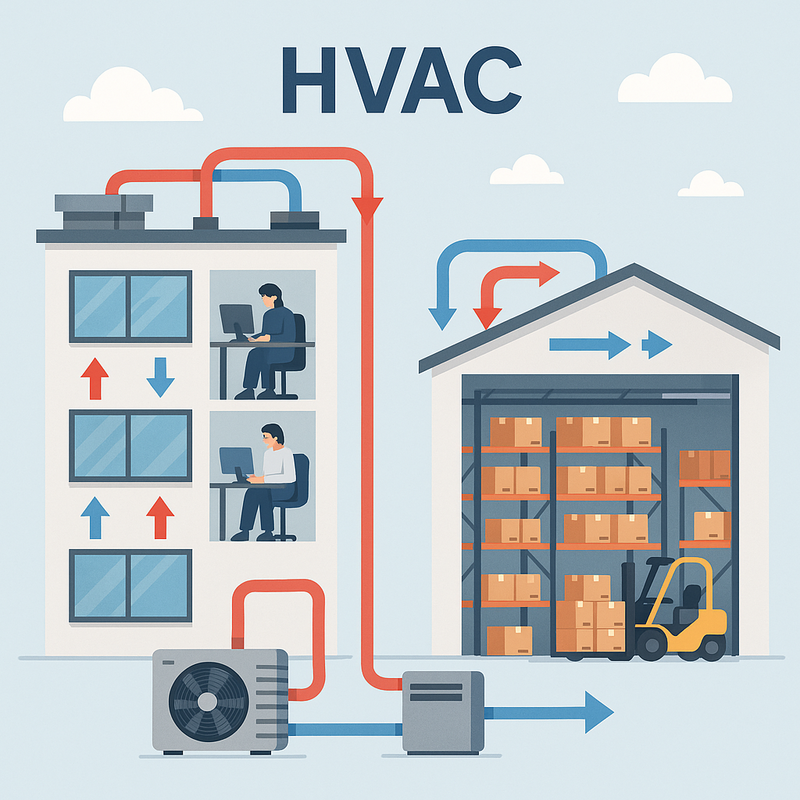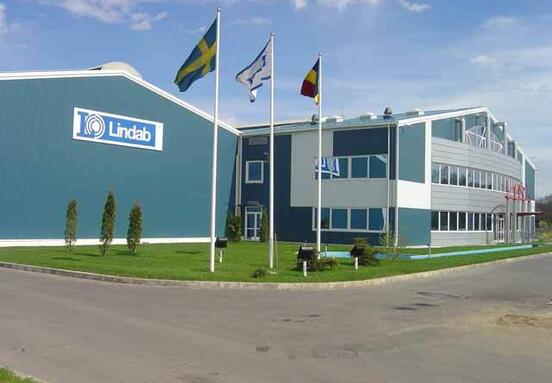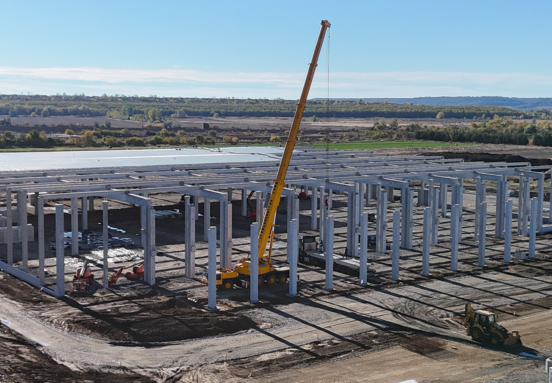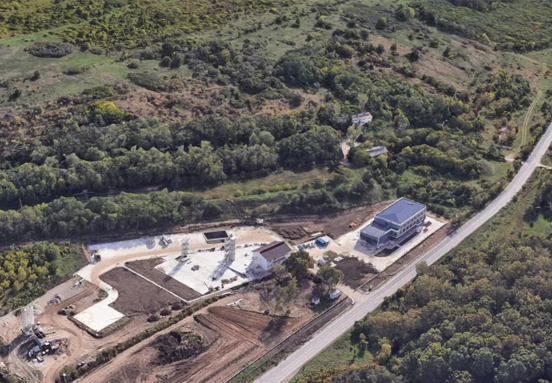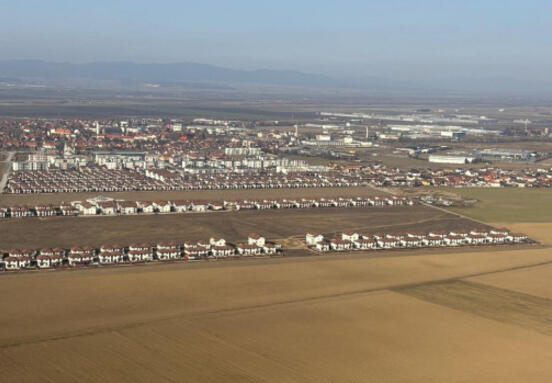The Energy Challenge in Commercial Buildings
Businesses today face increasing pressure on operational costs. A significant contributor to these expenses is the energy consumed by HVAC systems. As global temperatures rise and people spend more time within controlled indoor environments, the demand on these systems grows, leading to constantly increasing energy bills. This reality underscores the urgent need for more energy-efficient solutions in the built environment, especially as European mandates like the Energy Performance of Buildings Directive (EPBD) push towards greater energy neutrality.
Why Efficient Climate Control Matters for Your Business
Investing in or renting a commercial space with modern, efficient HVAC offers tangible benefits:
- Reduced Operating Costs: Lower energy consumption directly translates into significant savings on utility bills, improving your bottom line.
- Enhanced Occupant Comfort & Productivity: A well-controlled indoor climate leads to happier, more comfortable employees or customers, potentially increasing productivity and satisfaction.
- Meeting Sustainability Goals: Demonstrate your commitment to environmental responsibility, aligning with corporate social responsibility (CSR) objectives and regulatory requirements.
- Increased Property Value/Attractiveness: Energy-efficient buildings are more appealing to tenants and buyers, commanding higher value and lower vacancy rates.
Introducing Smart Integrated Climate Solutions
Addressing the growing need for efficient and comfortable indoor environments, innovative solutions are emerging. One such example is the Indoor Climate Comfort System, an integrated approach that goes beyond traditional HVAC.
This system combines energy-efficient technologies like radiant heating and cooling (using surfaces like floors or ceilings) with dehumidification and supplemental fan coil units for flexibility. The key to its efficiency and user-friendliness is intelligent management, often via platforms like NEA SMART 2.0. Such platforms allow for precise control, optimization based on occupancy and external conditions, and remote management, maximizing comfort while minimizing energy waste.
The Benefits of Smart, Integrated Systems
For businesses seeking or managing commercial space, opting for buildings equipped with smart, integrated climate systems means:
- Superior Energy Efficiency: Intelligent control and radiant technology can drastically reduce energy consumption compared to conventional air-based systems.
- Optimal Comfort: Radiant systems provide gentle, even temperature distribution without drafts, while integrated dehumidification ensures ideal air quality.
- Flexibility and Scalability: These systems can be tailored for various building types (offices, warehouses, retail) and sizes, and can often be integrated into existing structures.
- Future-Ready Operation: Smart controls allow for easy adaptation to changing needs and integration with other building management systems.
Choosing Your Next Business Location Wisely
When evaluating potential office or warehouse spaces, look beyond location and rent. The efficiency and capability of the HVAC system are critical factors that will impact your operating costs, the comfort and productivity of your staff, and your environmental footprint for years to come. Prioritizing buildings with modern, smart, and integrated climate control systems is a smart investment in your business's future.
Source: prwave.ro
